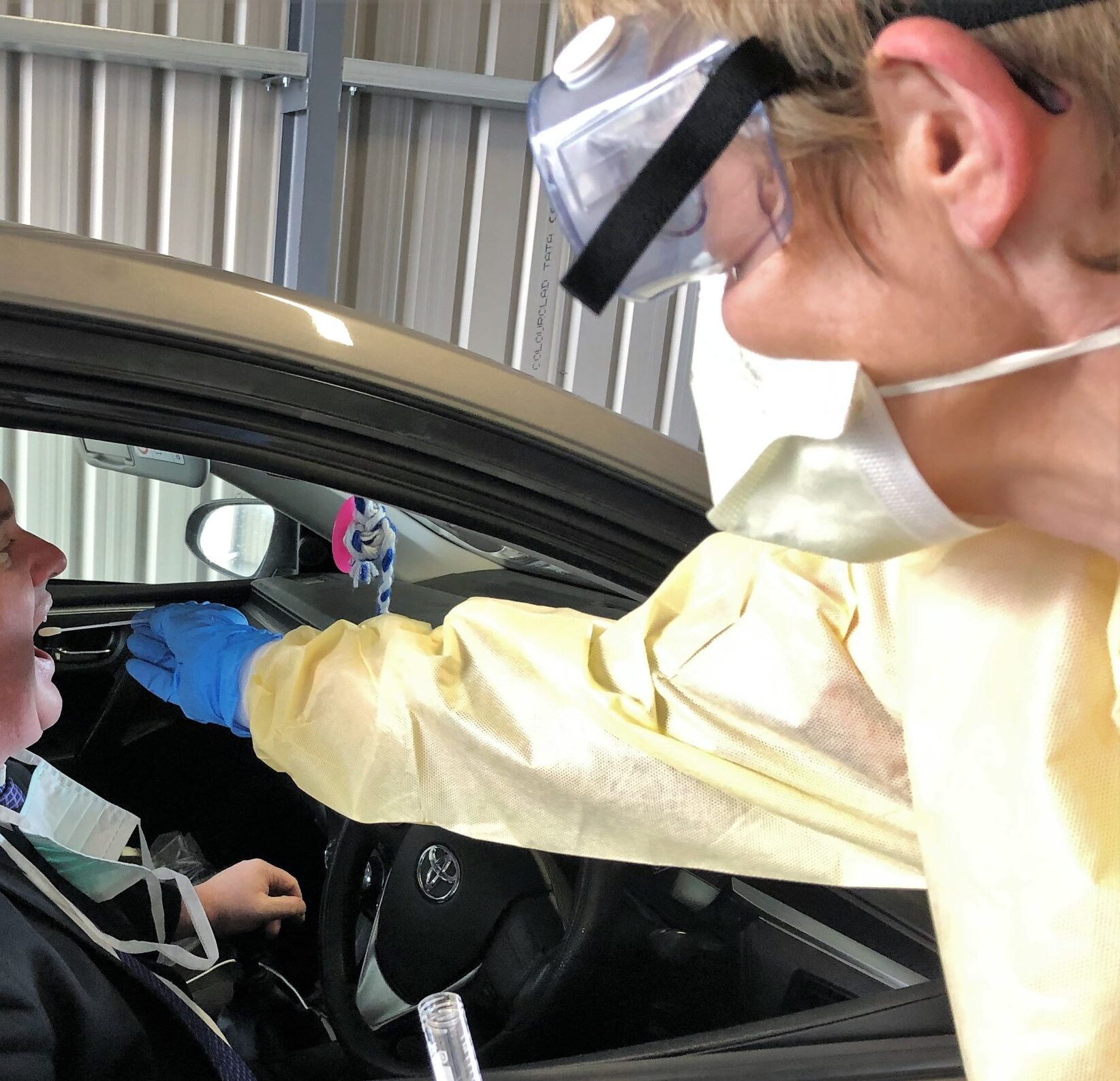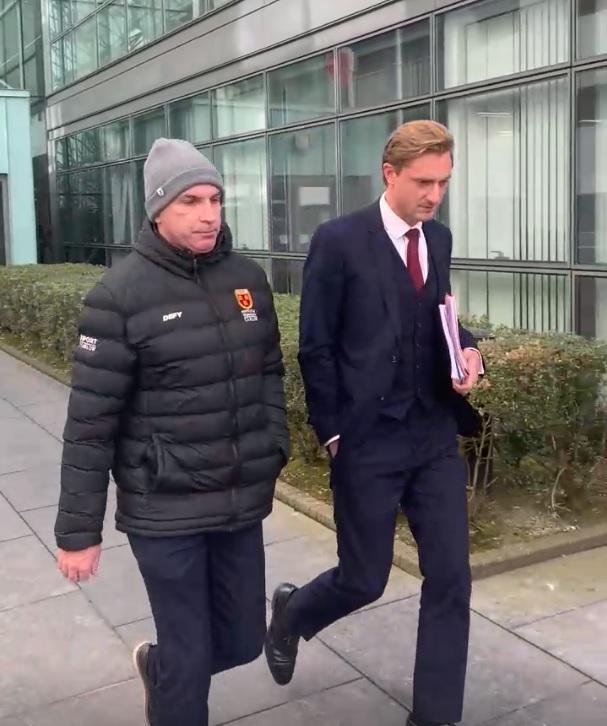Six months on from the date when Ireland recorded its first Covid-19 case the related death toll remains 1,777 while the number of confirmed instances has reached 28,720.
That’s according to the Health Protection Surveillance Centre whose announcement this evening (Saturday, August 29) covers figures to midnight Friday, August 28.
The nation’s overall figure includes 142 of the most recent additions of which at least two are in Carlow & Kilkenny.
Both counties are among ten to see less than five extra positive results each – there are 21 cases between them and Laois, Wicklow, Cork, Kerry, Clare, Louth, Mayo & Meath.
There are also 59 extra people with the virus in Dublin, 20 in Kildare, 14 each in Donegal and Limerick, eight in Wicklow and six in Tipperary.
There are slightly more men than women (74/66) among the 142 and 69% of them are aged under 45 years.
32 are associated with outbreaks or are close contacts of a confirmed case while 19 have been identified as community transmission.
Nationally across the last week there were 57,353 tests completed, 1.3% of which were positive. While in the last 24 hours there were 30 confirmed cases in Irish hospitals, five of whom were in Intensive Care Units. For the same time frame there were four hospital admissions and five hospital discharges.
As of midnight Thursday, August 27 there were 398 confirmed cases in Kilkenny & 243 in Carlow. But both these have since increased, we don’t yet know by how many only that it’s less than five more in each county.
Acting Chief Medical Officer Dr Ronan Glynn acknowledged the difficulty of the past six months but added “It has also been a time of incredible solidarity, a time when a sense of community has come to the fore. We have seen innovation, cooperation, volunteerism and charity, and kindness on an enormous scale”.
Praising frontline workers he said they “have stepped up again and again” adding to that “but underpinning it all has been each person playing their part by making the right choices, many times, each day. Together, we have broken the chains of transmission and flattened the curve. As cases rise again, it is these same behaviours that will once again make the difference, protecting ourselves, our families and our communities”.
Meanwhile, a group of scientists says we must have a national conversation about using more stringent measures to drive the virus off the island of Ireland.
Professor Anthony Staines says there will be a choice noting that it’s “Really hard to keep this virus or any virus circulating at a low level, the natural behaviour of these things is they bounce back, when we succeed in getting this virus down, and I’m quite confident of what NPHET are proposing, we need to have a serious conversation; do we keep going until we get it down to zero or do we say ‘well it’s down to a low level, sit back & relax and wait for it to go up again then take some more action’?”









